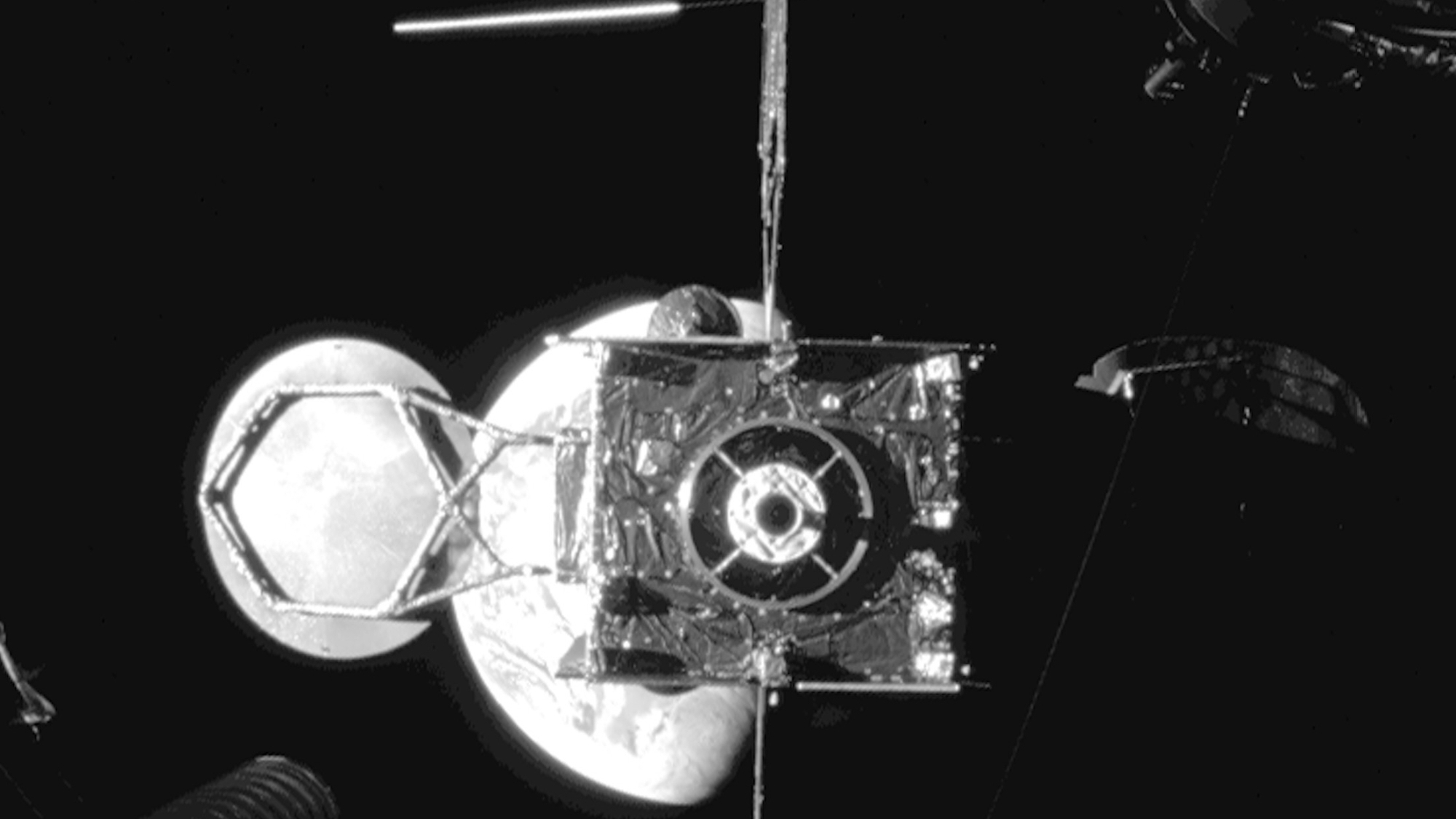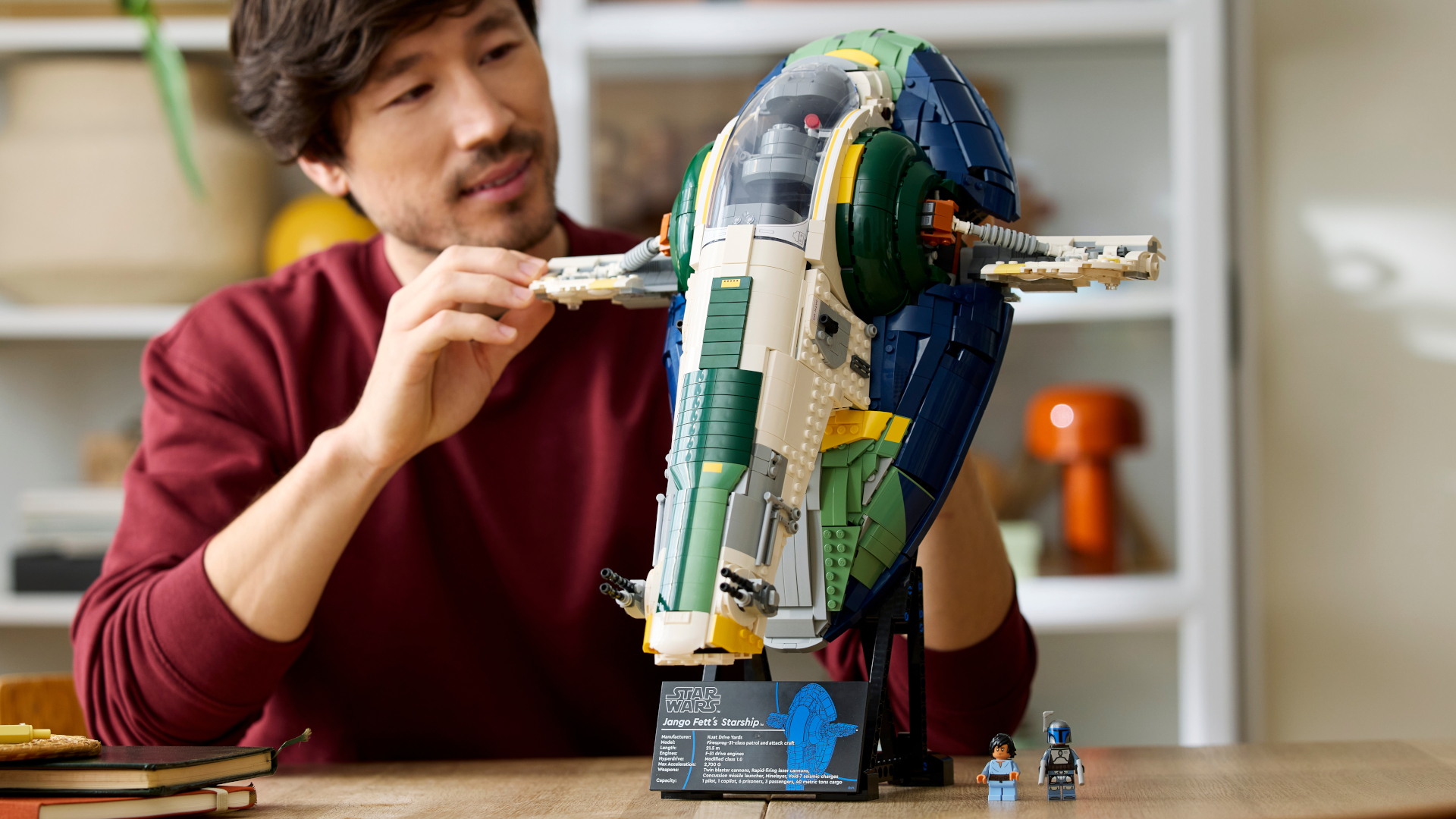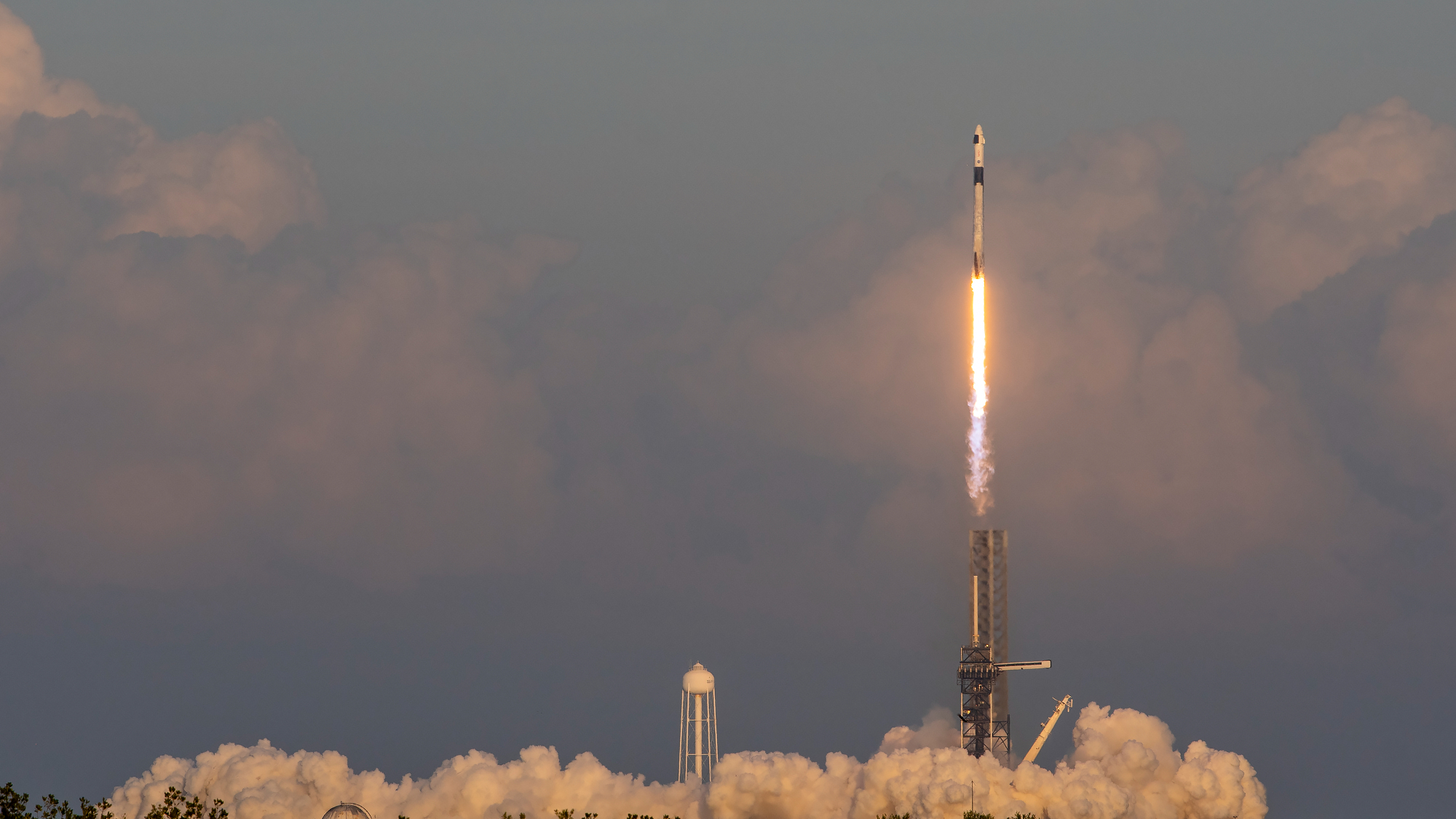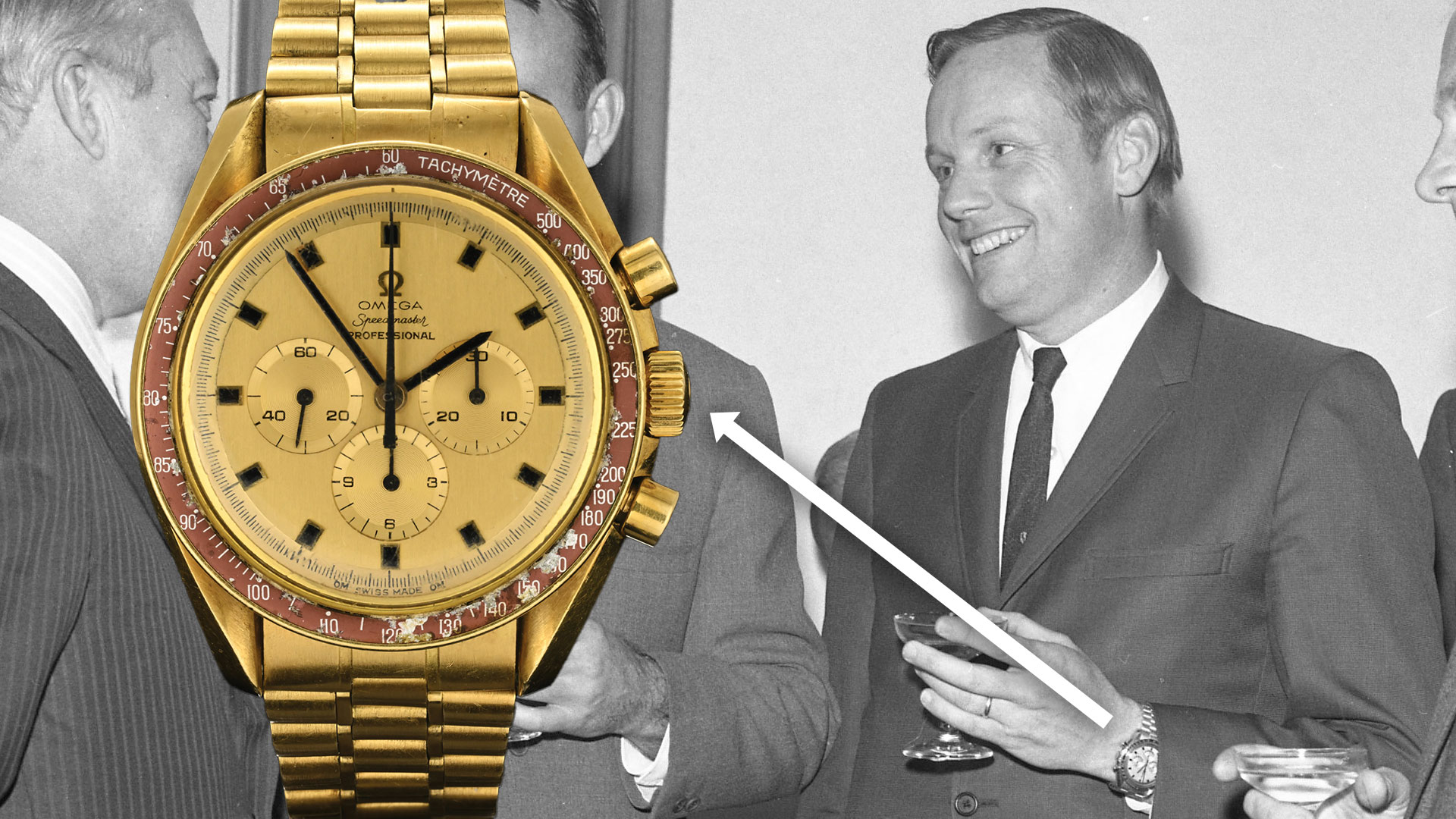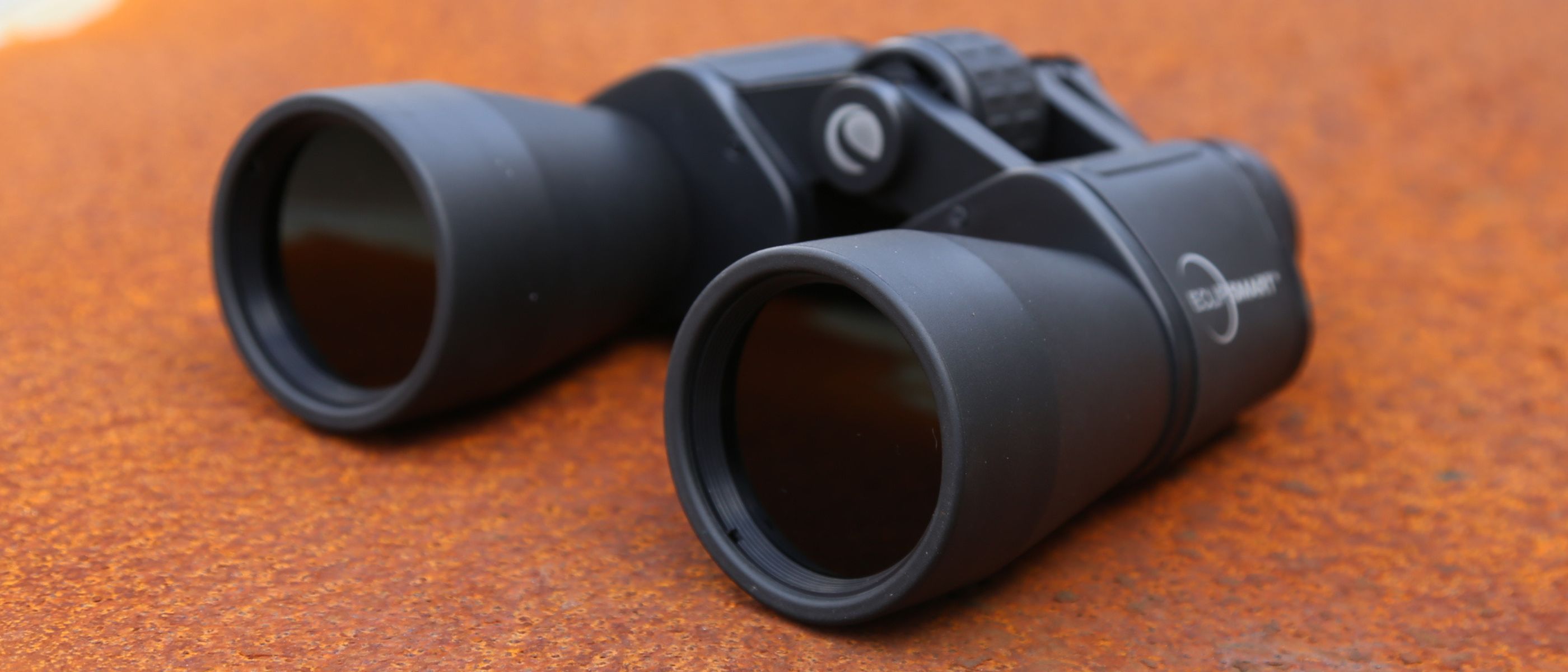Virgin Orbit Wins FAA License for First LauncherOne Mission
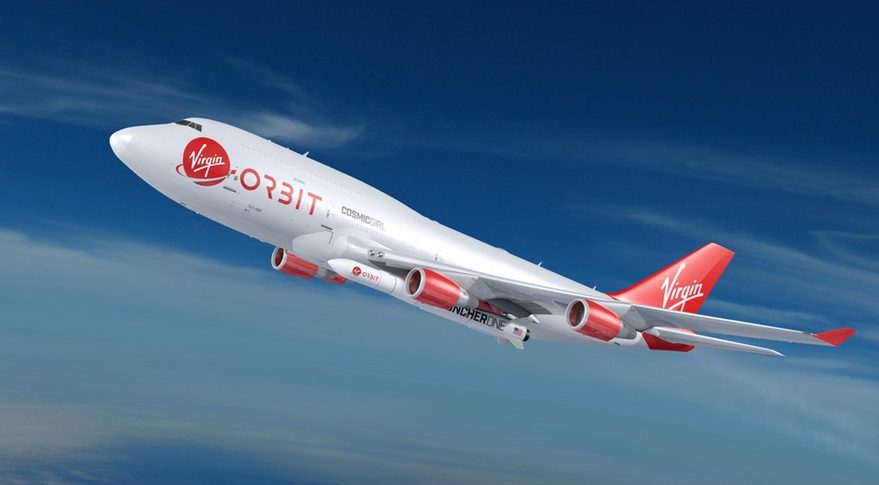
WASHINGTON — Virgin Orbit has received a license from the Federal Aviation Administration for the first launch of its LauncherOne vehicle, which the company hopes to perform later this summer.
The FAA issued the license June 29 for the first launch of the air-launch system, using the LauncherOne rocket flown from a customized Boeing 747 that takes off from Mojave Air and Space Port in California. The payload for that launch is identified as a "mass simulator with cubesat," but doesn't specify the identity of the cubesat or cubesats that will fly on the mission.
The FAA license is for a reusable launch vehicle (RLV), even though LauncherOne itself is expendable. The Boeing 747 used as the launch platform is reused, but Northrop Grumman's Pegasus rocket, which is also an air-launched system, is licensed as an expendable launch vehicle by the FAA. [Virgin Galactic's LauncherOne: An Air-Launched Rocket in Pictures]
The company didn't explain why it received an RLV license for the launch, but others in the industry note that the RLV licensing process offers a more flexible performance-based approach, where launch operators are able to select their preferred approach to meeting safety criteria, versus the more prescriptive approach used for expendable launch vehicles. Ongoing licensing reforms, called for by Space Policy Directive 2 in May, are expected to move to a performance-based approach for all vehicles, not just RLVs.
The license comes as the company is preparing to perform a captive-carry test as soon as later this week. In a speech at the NewSpace 2018 Conference June 27, Stephen Eisele, vice president of business development of Virgin Orbit, said the company was current installing the pylon on the left wing of the 747 that will hold the rocket.
While Eisele said at the conference that Virgin Orbit could perform just a single captive-carry test flight, the company said in a series of tweets June 29 that a campaign of such flights was planned. First, the company said, the 747 would fly with the pylon attached, but without a LauncherOne vehicle.
After that will come flights with a "fully integrated" LauncherOne, culminating in a drop test. "On that rocket's final flight, we'll run one more key test: dropping the rocket from Cosmic Girl," the company said, referring to the 747. "It'll free-fall all the way back to Earth, collecting data all the way."
Get the Space.com Newsletter
Breaking space news, the latest updates on rocket launches, skywatching events and more!
If successful, the tests would allow Virgin Orbit to proceed with its first orbital launch attempt, which Eisele previously said the company hoped to conduct by the end of the summer. "This test campaign will be some of the hardest but also the most fun stuff we've ever done," the company tweeted. "It's going to be an awesome couple of weeks."
This story was provided by SpaceNews, dedicated to covering all aspects of the space industry.
Join our Space Forums to keep talking space on the latest missions, night sky and more! And if you have a news tip, correction or comment, let us know at: community@space.com.

Jeff Foust is a Senior Staff Writer at SpaceNews, a space industry news magazine and website, where he writes about space policy, commercial spaceflight and other aerospace industry topics. Jeff has a Ph.D. in planetary sciences from the Massachusetts Institute of Technology and earned a bachelor's degree in geophysics and planetary science from the California Institute of Technology. You can see Jeff's latest projects by following him on Twitter.





